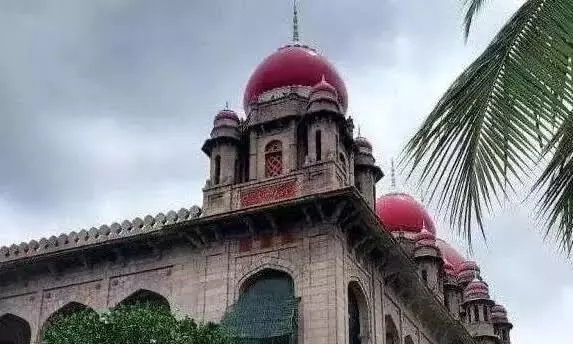Telangana HC quashes criminal case against aspirants of police recruitment from 2023
Justice Kunuru Lakshman quashed the criminal case registered against Kongari Mahesh and 17 others who were aspirants for the police recruitment
By Newsmeter Network
Telangana HC quashes criminal case against aspirants of police recruitment from 2023
Hyderabad: The Telangana High Court quashed the criminal case against Kongari Mahesh and 17 others who had allegedly unlawfully assembled at the Telangana State Police Integrated Command & Control Centre (TSPICCC) building over supposed irregularities in police recruitment.
Justice Kunuru Lakshman quashed the criminal case registered against Kongari Mahesh and 17 others who were aspirants for the police recruitment (SIs and police constables), who had cleared the 1600/800 meters running, but failed to clear the examination.
According to the police, on February 3, 2023, a case was registered against the petitioners in Banjara Hills PS after they assembled near the ICCC Building, Road No. 12, Banjara Hills and attempted to enter the premises without permission and didn’t heed to the instructions of the police to stop the unlawful assembly and continued their protest, sat on the road, raised slogans and obstructed traffic.
The judge took into consideration, contentions of the counsel for the petitioners, who contended that the contents of the chargesheet lacked the ingredients of the aforesaid offences. Moreover, there is no criminal intent and no unlawful assembly.
The petitioners assembled at the ICCC building only to protest against the government silently with regard to the police recruitment. The government has changed the rules after issuance of the notification, and without considering the said aspects, the Investigating Officer has laid a chargesheet against the petitioners, the court said.
The proceedings will continue against the remaining accused who were not before the court.